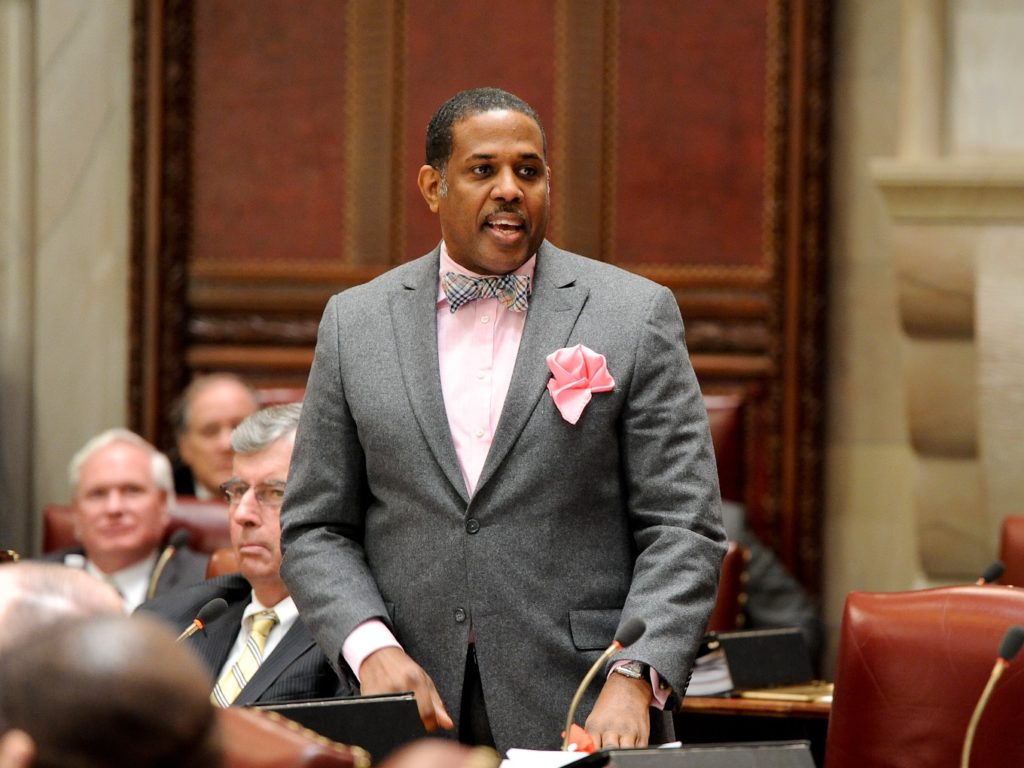Taking a cue from the California athletes’ bill, a New York Senator proposed legislation that would make college student-athletes in the state eligible to receive compensation.
The New York collegiate athletic participation compensation act was proposed last week by Senator Kevin Parker which would allow college athletes to receive payments directly from a private or commercial source for their name, image, and likeness, according to an ESPN report.
The bill directs post-secondary institutions to distribute 15 percent of their revenue earned through event ticket sales among student-athletes at the end of every school year.
“It’s about equity,” Parker told ESPN. “These young people are adding their skill, talent, and labor to these universities. … You don’t need the shortcuts and the end-arounds because now we’re providing some real support for these student-athletes.”
Students who suffer long-term or career-threatening injuries will also receive relief through the funds that will be specifically set up to compensate them.
Paying student-athletes has become a raging topic of national debate after first introduced in the state of California. Last week, the Senate Bill 206 or The Fair Pay to Play Act introduced by State Sen. Nancy Skinner (D-Berkeley) was voted 72-0 in the assembly.
It prohibits colleges from enforcing National Collegiate Athletic Association (NCAA) rules that prevent student-athletes from earning compensation, as well as prohibits the NCAA from banning California schools from intercollegiate sports if their athletes sign sponsorship deals.
The bill has become a point of confrontation between NCAA and the state legislators. The NCAA has called the bill “harmful” and “unconstitutional” saying that it would erase the line dividing college and professional athletics and throw to wind the fairness that is associated with the college sports.
The bill has also garnered support in South Carolina where two of its legislators are planning to propose a similar bill in January when the assembly reconvenes.
Athletes in Revenue Generating Sports Lack Access to Academic Support

